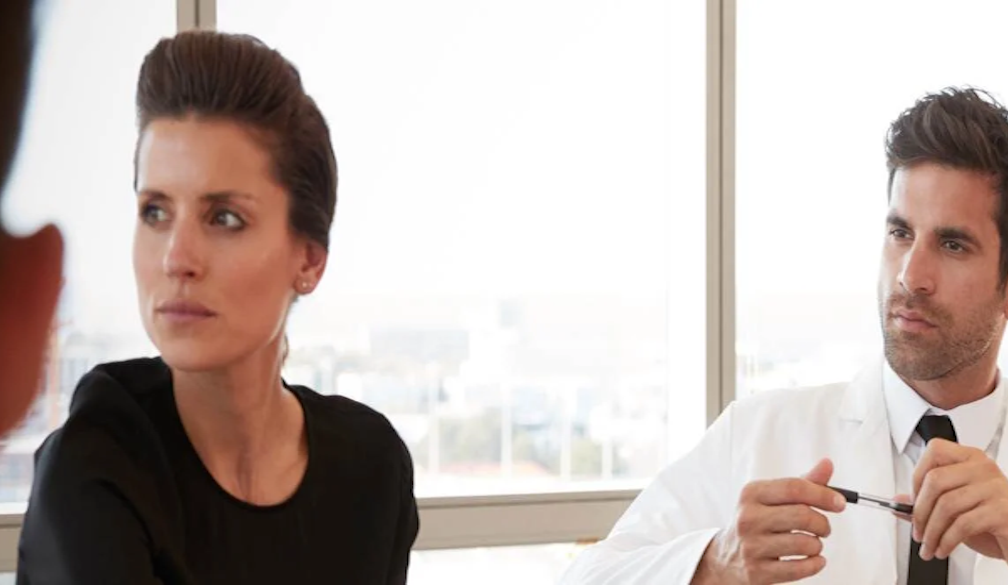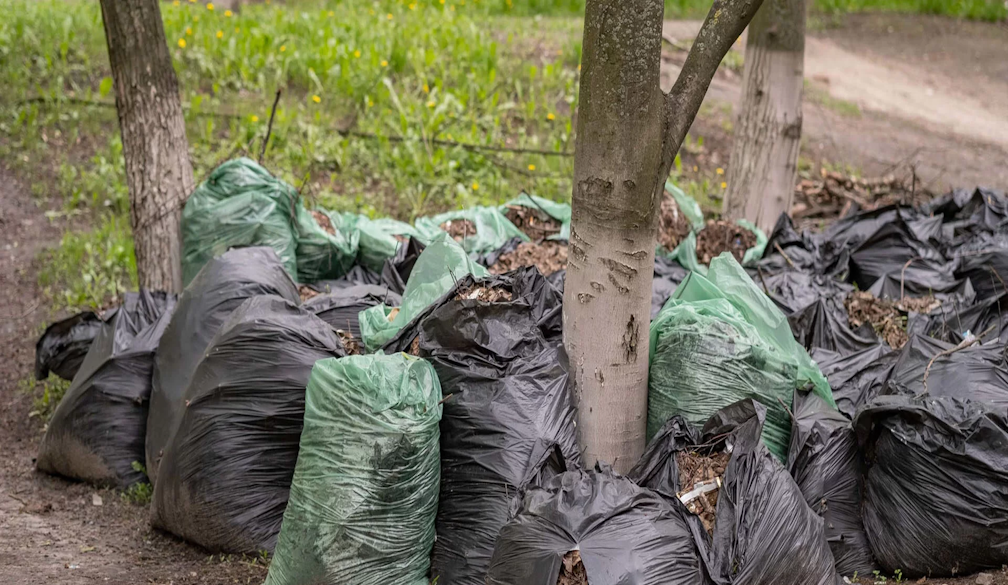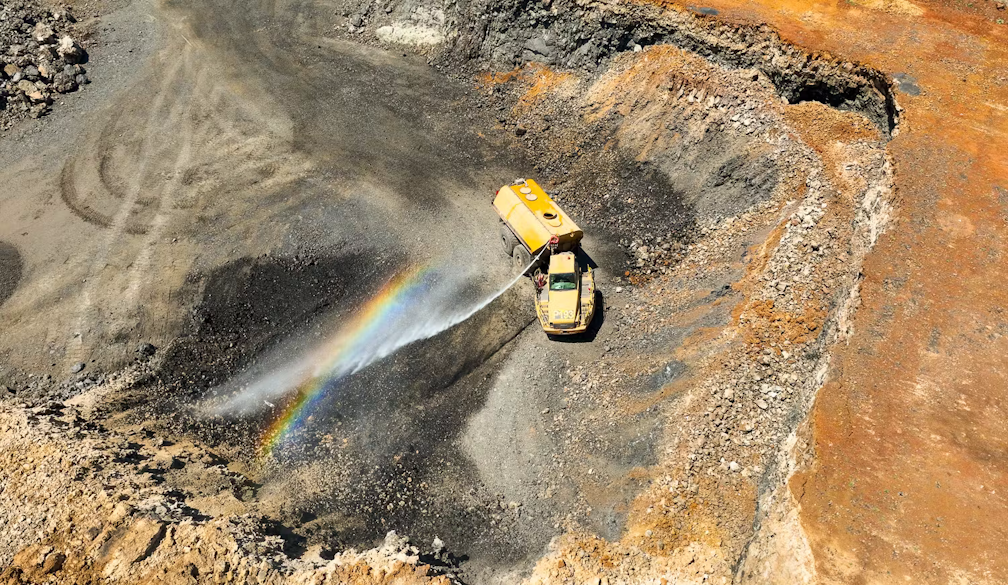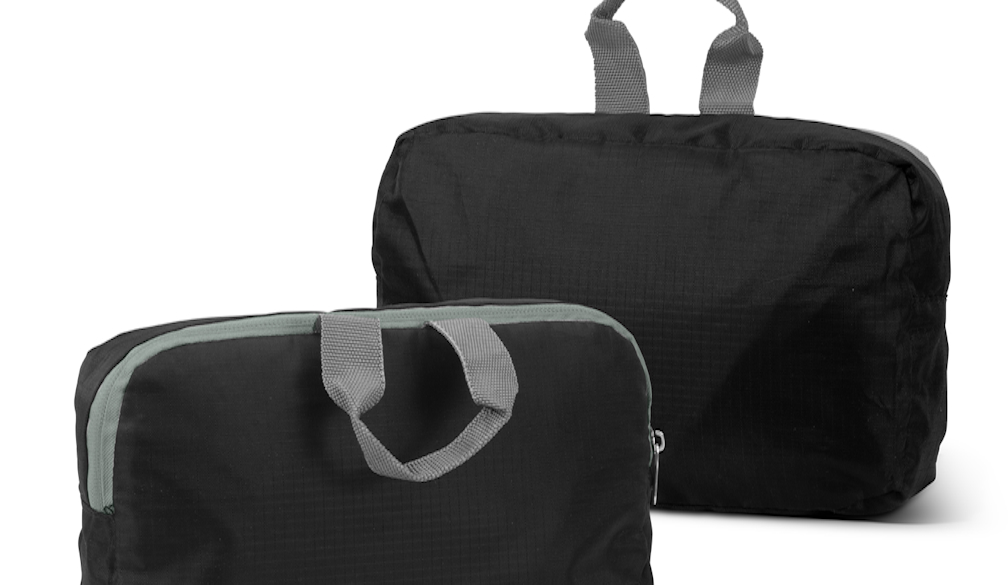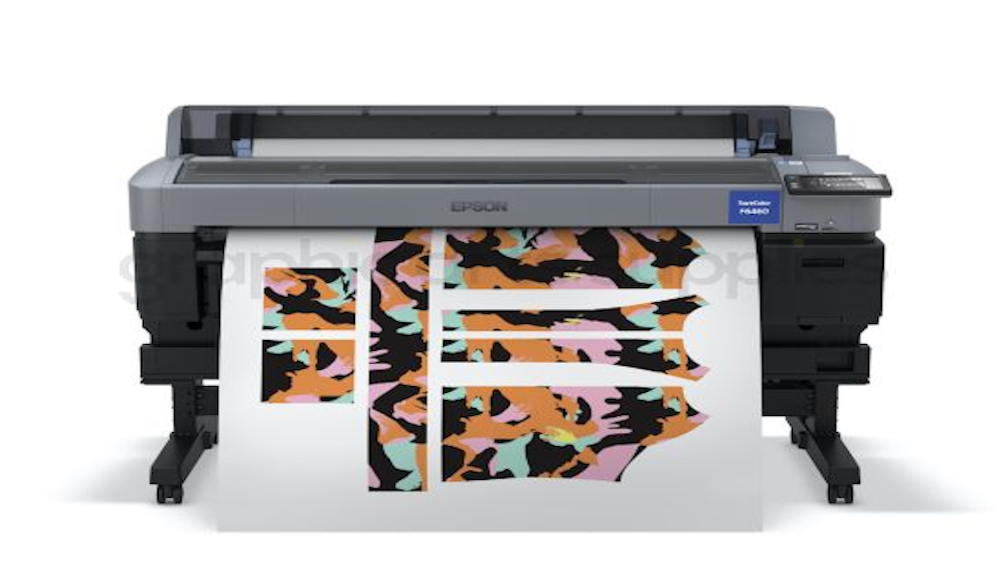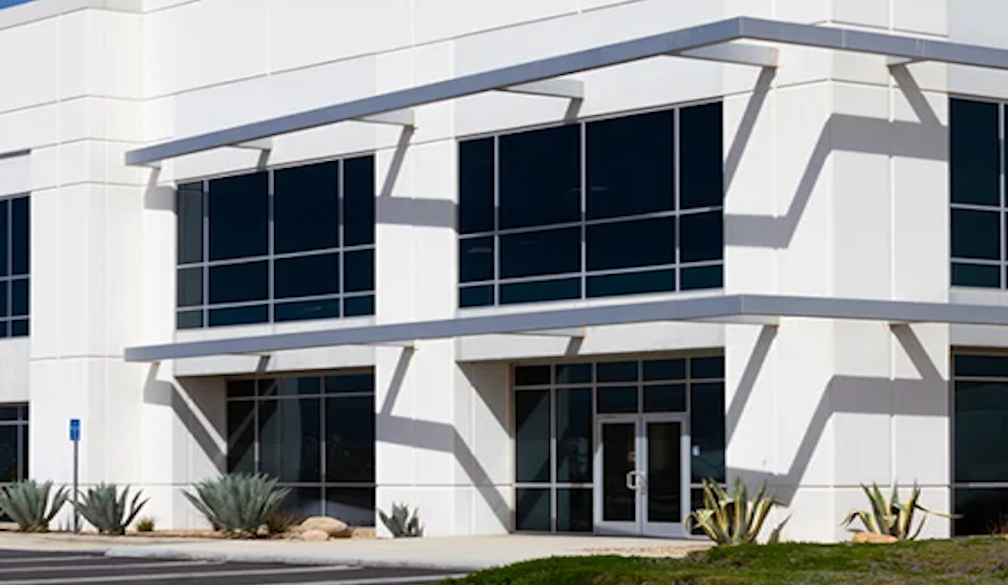Jennifer Westacott interview with Laura Jayes, Sky News
- Written by Laura Jayes

Laura Jayes, host Sky News AM Agenda: I want to go now to the CEO of the Business Council of Australia, Jennifer Westacott. Thanks so much for your time. This news just breaking in the last half an hour. Is this a bit of a canary in the coal mine from Qantas about what's happening with other businesses in New South Wales and right around the country?
Jennifer Westacott, chief executive Business Council of Australia: I think so yeah. I think it's a real wakeup call that this is really hurting. I would say though that governments are doing a lot to support business. You saw those changes to JobSaver last week that we've been encouraging. That really helps because it covers the cost of business as well as obviously employing people. You saw the changes to the disaster payments last week which we were very supportive of. So governments are doing things. You've got small business packages across the country. You've got additional assistance. But it just goes to show Laura that unless we get vaccinated, unless we get these stop-start lockdowns to end, we're going to see more and more businesses put under pressure. For some small and medium businesses, obviously not companies like Qantas, it's just a really big road back. If you think about if you're a business and you're in lockdown every two or three weeks, the capacity for you to just keep coming back financially and I would say in the case of many small businesses, emotionally, is actually going to get harder and harder.
Laura: And we're talking about incentives to get vaccinated today. Where is the line do you think between a gimmick and a stunt and actually having a real effect?
Jennifer: I think nothing should be off the table to be perfectly honest, but it has to be part of a package. So let's get the information right about the risks and benefits of the vaccine. Particularly the AstraZeneca. Let's get as much of the supply done as quickly as possible. Let's expand the number of outlets, and this is where business can play a role particularly when supply is in place. And let's make sure that we're looking at the freedoms that are going to be associated with having the vaccine. And of course, let's look at incentives. If the French are going to say, ‘no jab, no lunch,’ everything should be on the table quite frankly. Because we have to get vaccinated. We have to do this so that we can enjoy our freedom again and so that we can stop this stop-start approach to the economy. So nothing off the table in my view but it has to be part of a comprehensive package.
Laura: Is that an endorsement of Labor's $300 a jab approach this morning?
Jennifer: I think nothing should be off the table. The only thing I think, and they've indicated is, it can't be seen as you're rewarding people who are laggards in getting the vaccine. It's got to be open to everyone as an incentive. It can't be people who have done the vaccine early they think, ‘oh gee I wish I waited.’ So we've got to make sure there's not reverse incentives here. But it's got to be, it's not just one thing that's going to get us over the line here. It's got to be a really concerted effort around supply, around information, outlet, and of course incentives are part of that.
Laura: Yeah look when we do get out of this, business want to get as many customers back as possible. What's also been talked about is almost a vaccine passport. If you're vaccinated you get access to clubs, pubs, concerts, and the like. Do you support that idea?
Jennifer: Yeah look I think the vaccine has got to have a value. But we've also got to make sure that we invest in the technology so that it is an easy process. And then we've got to be practical about where it's not going to work. Like it's not going to work practically to show some kind of passport as you go into Coles and Woolies. It's just not a practical kind of reality. But to get into a big venue, to get into a club or something, I think it's again a conversation we ought to be having. And sometimes I think over the last 18 months we've put some of these difficult conversations off because we don't like to talk about it. But we say we've got to protect people's freedom, well there are millions of people whose freedom today is not particularly good because they're sitting at home, and they can't go anywhere. Let's be at least willing to have the conversation based on the evidence, based on the risk, based on the reward, and make the vaccine really worth something for people.
Laura: We've seen these National Cabinet meetings every Friday. We've got a phased plan. We now have some vaccine benchmarks for that. What do you think about those benchmarks that have been put forward last Friday? About a 70 and 80 per cent uptake in the vaccine and then greater freedom. Is it realistic?
Jennifer: I think so. I think if you look across other countries, people have found a pretty good, concerted effort here. I think Australians have shown that they have been and are willing to step up here. But again it won't be realistic if we're not comprehensive. It won't be realistic if we don't have an absolute concerted efforted particularly when the supply comes in. Get at many outlets as possible, employers, pharmacies, GPs. It won't be realistic if we don't get the information right. It won't be realistic unless the incentive is there based on if I get the vaccine I can get on a plane, or I’ve got a greater degree of freedom. And it won't be realistic if we spend the next couple of months looking back at the last six months and blaming each other. It's got to be a big national, Team Australia effort to say here's the plan, here's what they're doing, let's get on track and let's get this thing done.
Laura: Were you worried then? You see these National Cabinet meetings every Friday and then you see the Premiers in subsequent days come out and essentially do their own thing anyway?
Jennifer: It is a bit frustrating. I think what we said in our plan last week there are really important things where you need national consistency. For example the hotspot definition. And we think maybe given the Delta strain that definition might need some rethinking. It's really important we have consistent approaches about how you do lockdowns, consistent public health orders so companies can follow that pretty simply. Look it would be good to see more sort of national coordination because that's the only way we're going to get this done. And most importantly, business needs to understand and feel confident that when those benchmarks are set, when those thresholds are set, that they are really confident that is what is going to stay when we reach those thresholds. That's the plan, that's what we're going to do. And then they can plan and invest leading up to it. If people keep changing that it makes it very difficult for companies and small businesses to plan ahead.
Laura: It certainly does. Look you're talking about some pretty simple things that can done just to help business at the moment. And whilst parliament is sitting in Canberra, there's one simple thing that they can do to make it easier for business and this is, I guess, legitimising electronic means of signing contracts and things like that. Take us through what you're actually pushing for.
Jennifer: Well there's an important bill in the senate today which has got two aspects. The first is around electronic signatures and virtual annual general meetings. And the second is continuous disclosure which is basically giving companies a defence. So that they have to either acted with knowledge, with recklessness in order to be a breach. And that's basically a simple kind of concept in law that if people do their due diligence they've got a defence against a vexatious class action. And why does all this matter? On the electronic front, we're hearing stories of people driving around in cars, getting into Ubers, getting into taxis because they need signatures on documents. Well we don't want people moving around unnecessarily. Government is proposing that be extended until mid-September. We would say extend it further because this looks like it's going to go on for quite a long time. And then on virtual AGMs, we're coming up to AGM season, we need to make sure that people can hold their AGMs, they’re very important. On the disclosure stuff, we're saying you've got to have robust disclosure arrangements, but you've got to have the basic principle of giving organisations that do their due diligence a defence. Because frankly Laura, you think about a construction company, how can it possibly be absolutely sure of everything it's doing at the moment? We need companies at the moment focused on saving jobs, preserving jobs, getting back up on their feet again not worrying about a vexatious class action that puts their directors and insurance liability through the roof. We need everyone focused on keeping people working in this country.
Laura: Yep. Very well said. It should be a no brainer in parliament. We'll keep an eye on that. Just before I let you go. Queensland businesses now have a $5,000 cash payment on offer because in the southeast they're in lockdown. We're hearing in New South Wales whilst the package is good it's not bringing in rivers of gold to these businesses. They are just keeping them afloat. They're really slow in terms of getting those payments out and a lot of these are still pending. Is that the feedback you're getting?
Jennifer: Yeah but mind you when I talk to them, boy they’ve got a lot of stuff out. These guys are working around the clock, and you have to have some level of due diligence with these things. But certainly the numbers I hear they are staggering in terms of the amount of assistance that is walking out the door which is great. But I think we've got to be a bit kinder to our governments in this country. I mean governments have had people's back in this country for a long time and I think they're doing their best to get that money out the door and they're listening. When we talked about JobSaver last week people responded. People are listening to the feedback and certainly, in New South Wales, it's a very highly structured feedback loop with small businesses, with large businesses. ‘How are we going? What do we need to fix?’ And a great responsiveness in fixing it.
Laura: Well said. Okay, Jennifer Westacott always great to talk to you. A litmus test of what's going in the real world not just in the political discussion. So thanks so much.
Jennifer: You're welcome thank you.

